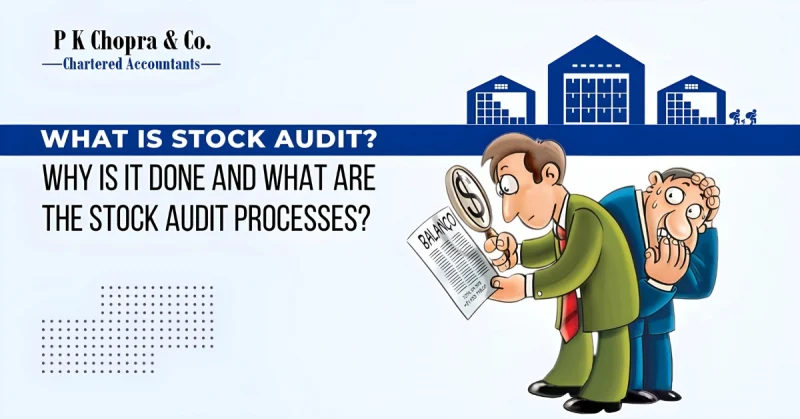What Is Stock Audit? Why Is It Done and What Are the Stock Audit Processes?
Stock audit plays a crucial role in ensuring the accuracy and reliability of a company’s inventory records. In this article, we will delve into the significance of stock audits, the detailed procedure involved, and the essential elements of a stock audit checklist.
Importance of Stock Audits
Keeping Inventory Management Accurate
Stock audits assist companies in keeping precise records of their inventory levels and guarantee that inconsistencies are quickly found and fixed. This is necessary for efficient decision-making and inventory management procedures.
Identifying Operational Inefficiencies
Businesses can find operational inefficiencies like overstocking or understocking of inventories by regularly conducting stock audits. They are able to lower carrying costs and maximize inventory levels as a result.
Compliance with Regulatory Requirements
To make sure that accounting standards and regulations are being followed, several regulatory authorities mandate that companies perform routine stock audits. If these standards are not met, there may be fines and legal repercussions.
Procedure of Stock Audit
Pre-Audit Preparation
A thorough planning and preparation process is necessary prior to carrying out a stock audit. This include allocating tasks to audit teams, planning the audit, and examining prior audit reports.
Physical Verification of Stock
Physical inventory verification is the primary focus of a stock audit. To make sure that the physical count matches the records, audit teams thoroughly visit warehouses, storerooms, and other sites where inventory is kept.
Documentation and Reporting
Following the completion of the physical verification, audit teams record their findings and create thorough audit reports. These reports usually provide details on the disparities that were discovered, suggestions for remedial action, and ideas for enhancing inventory management procedures.
Stock Audit Checklist
Inventory Records
Audit teams review inventory records to ensure that they are accurate and up to date. This includes verifying the completeness and accuracy of data such as item descriptions, quantities, and valuation methods.
Physical Counting Process
Audit teams follow standardized procedures for conducting physical counts of inventory, ensuring consistency and accuracy. This may involve using barcode scanners, tally sheets, or other counting methods.
Valuation Methods
Audit teams verify the valuation methods used to determine the value of inventory, such as FIFO (First In, First Out) or LIFO (Last In, First Out). They ensure that these methods comply with accounting standards and accurately reflect the value of inventory on hand.
Conclusion
In conclusion, stock audit is a critical process for businesses to ensure the accuracy of their inventory records, identify operational inefficiencies, and comply with regulatory requirements. By following the detailed procedures outlined in this article and utilizing a comprehensive stock audit checklist, businesses can effectively manage their inventory and optimize their operations.
FAQs (Frequently Asked Questions)
- How often should a stock audit be conducted?
- Stock audits should ideally be conducted at least once a year, although the frequency may vary depending on factors such as the size of the business and industry regulations.
- What are the consequences of inaccurate inventory records?
- Inaccurate inventory records can lead to various problems such as overstocking, understocking, and misreporting of financial statements, ultimately affecting profitability and compliance.
- Who typically conducts stock audits?
- Stock audits are usually conducted by internal audit teams or external audit firms hired by the company to ensure independence and impartiality.
- How long does a stock audit typically take?
- The duration of a stock audit depends on factors such as the size of the inventory, complexity of operations, and thoroughness of the audit process. It can range from a few days to several weeks.
- What are some common challenges faced during stock audits?
- Common challenges during stock audits include discrepancies between physical counts and records, inadequate documentation, and resistance from employees to cooperate with auditors.

